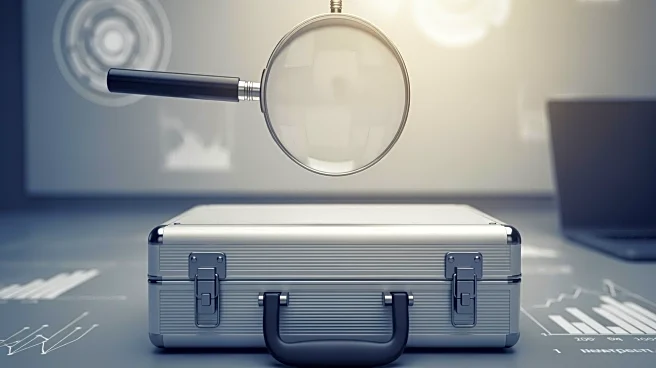What's Happening?
The International Atomic Energy Agency (IAEA) has conducted inspections at Iranian nuclear sites, but has been denied access to key facilities such as Fordow, Natanz, and Isfahan. IAEA Chief Rafael Grossi
has called on Iran to improve cooperation to avoid escalating tensions with the West. Iran's Foreign Ministry spokesperson Esmaeil Baghaei stated that Iran remains committed to the Treaty on the Non-Proliferation of Nuclear Weapons (NPT) and has allowed inspections at several facilities, including the Tehran Research Reactor.
Why It's Important?
The situation highlights ongoing concerns about Iran's nuclear program and its compliance with international agreements. The IAEA's inability to access certain sites raises questions about transparency and Iran's intentions. Improved cooperation is crucial to prevent further tensions with Western nations, which could lead to diplomatic or economic repercussions. The issue is significant for global security and non-proliferation efforts, as Iran's nuclear capabilities have been a point of contention in international relations.
What's Next?
The IAEA may continue to push for access to the restricted sites, and diplomatic efforts could be intensified to ensure Iran's compliance with the NPT. The situation may lead to discussions among international stakeholders, including the United States and European nations, to address the challenges in monitoring Iran's nuclear activities. The outcome of these efforts could impact future negotiations and agreements related to Iran's nuclear program.









